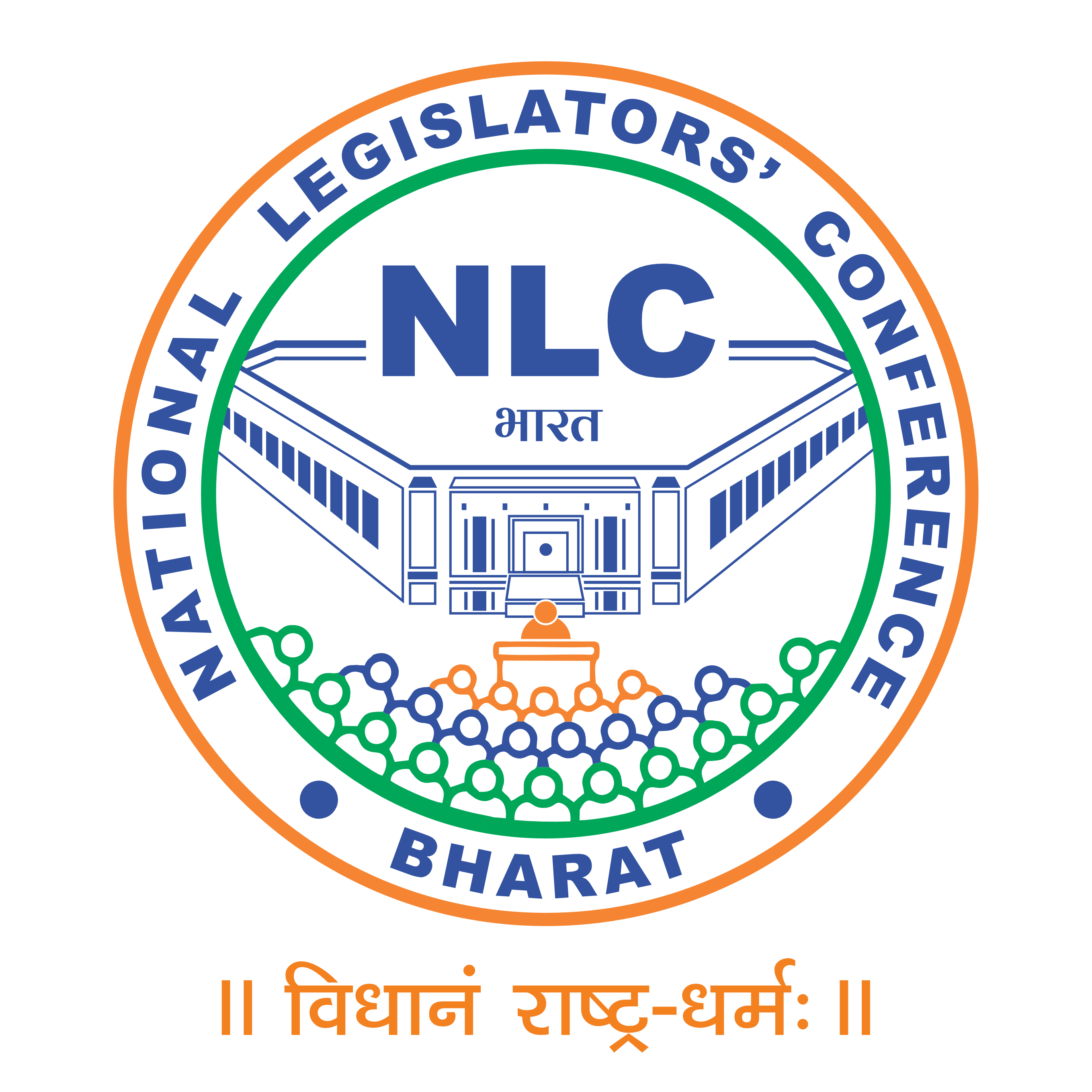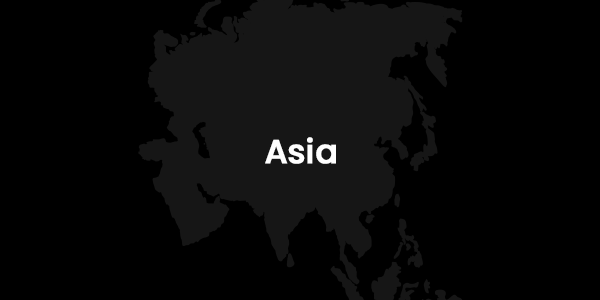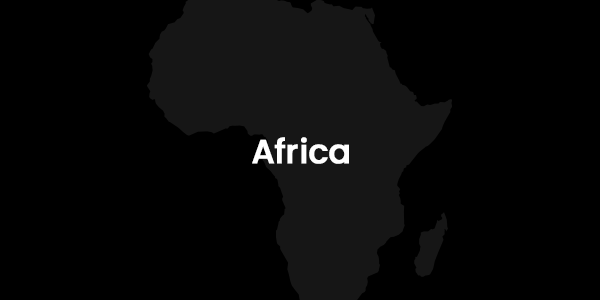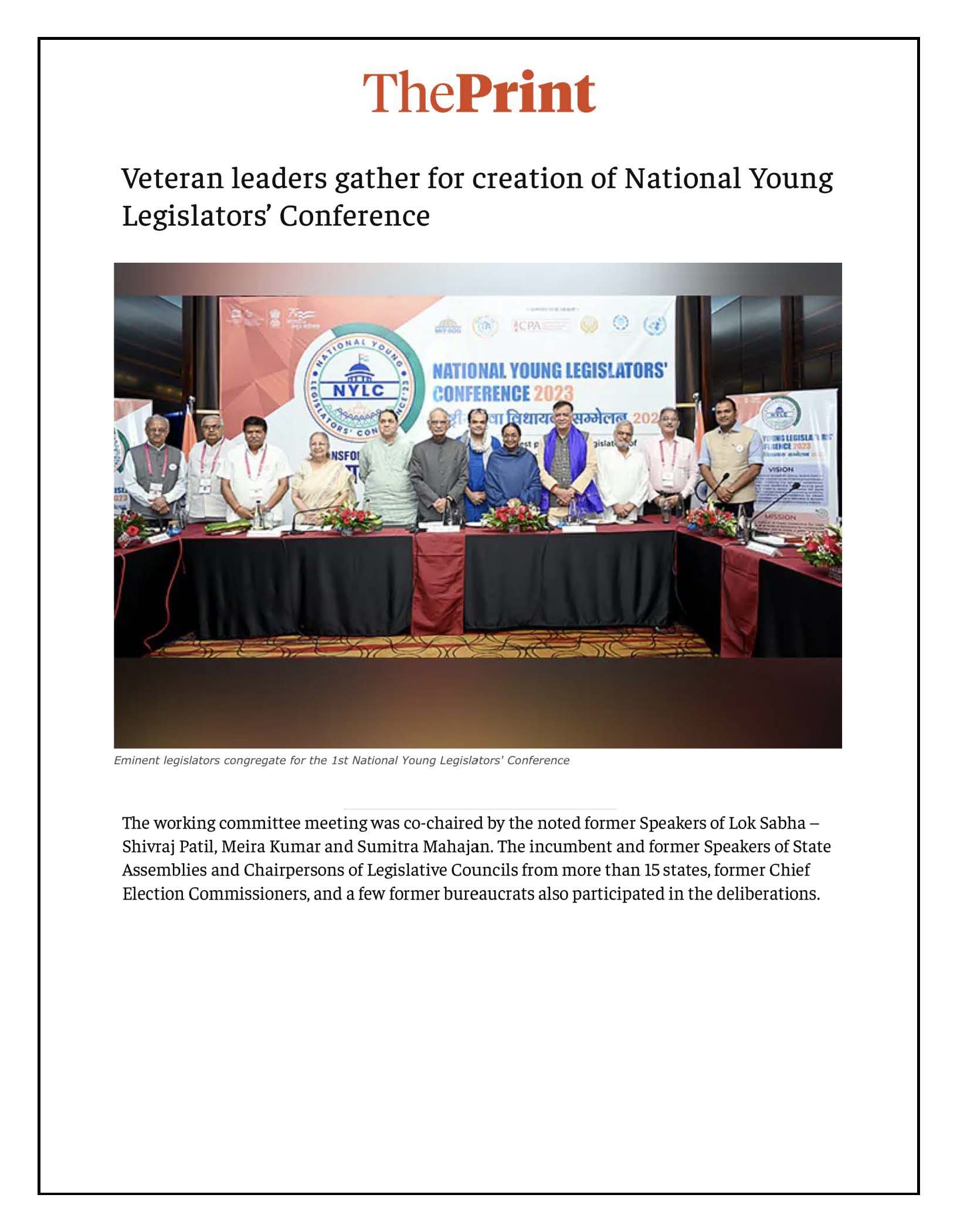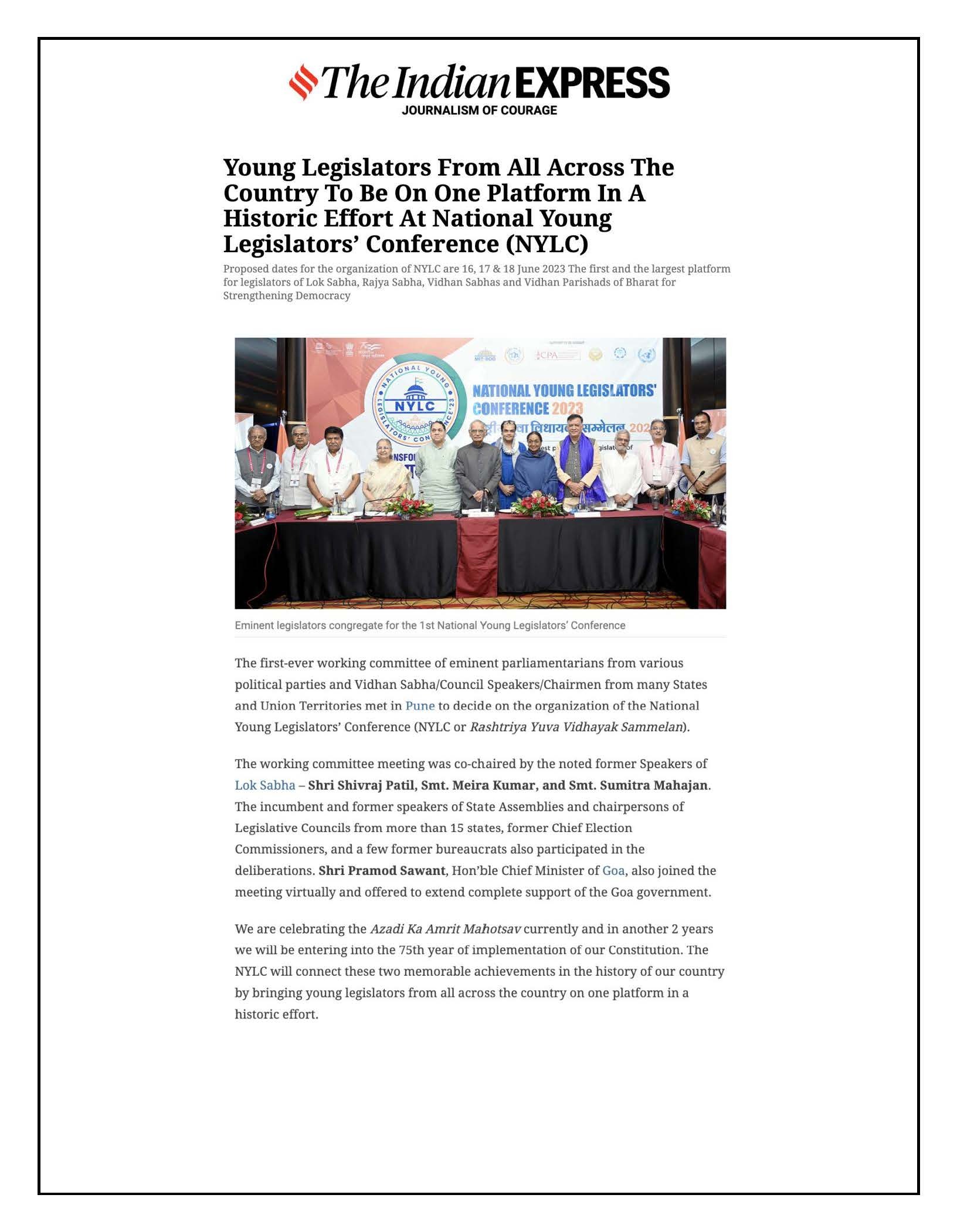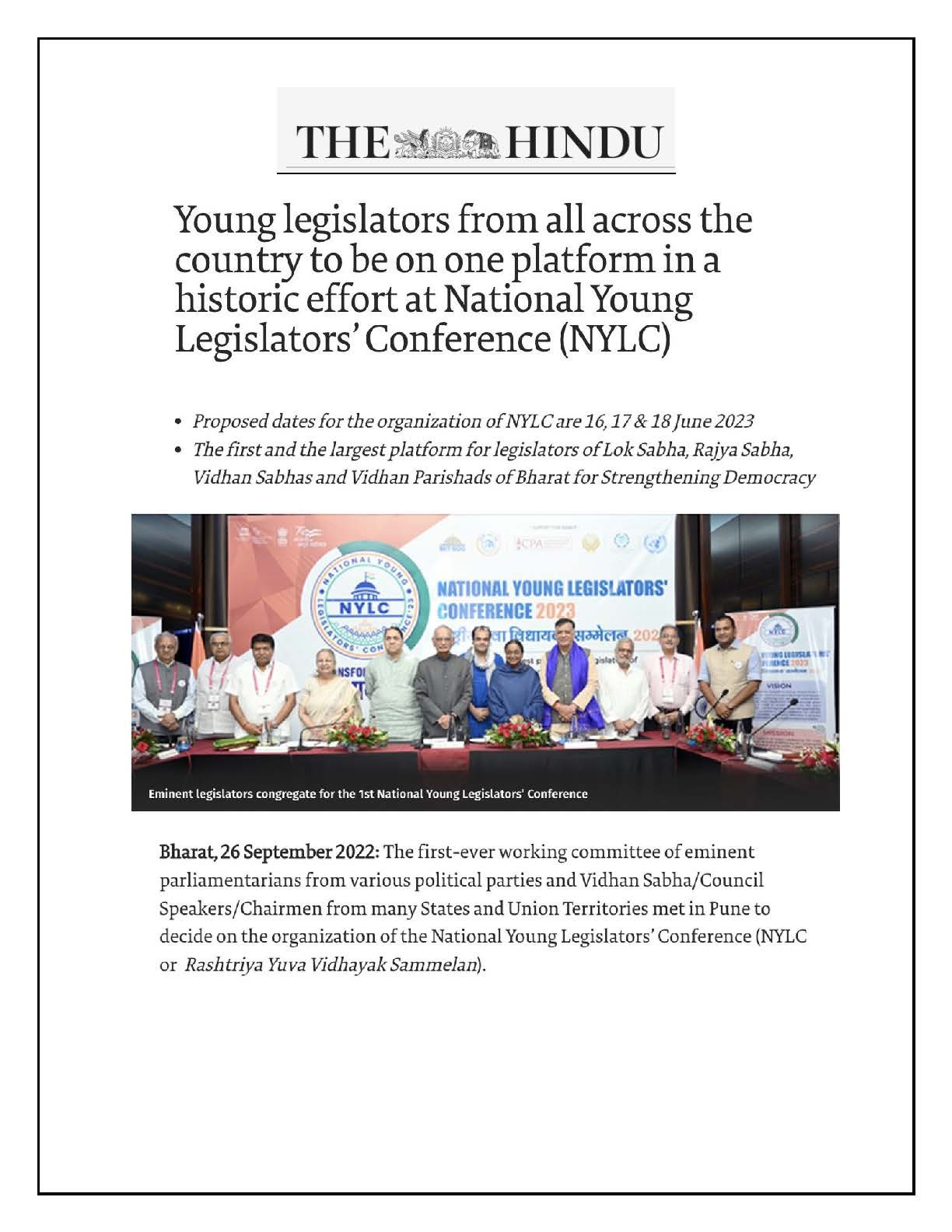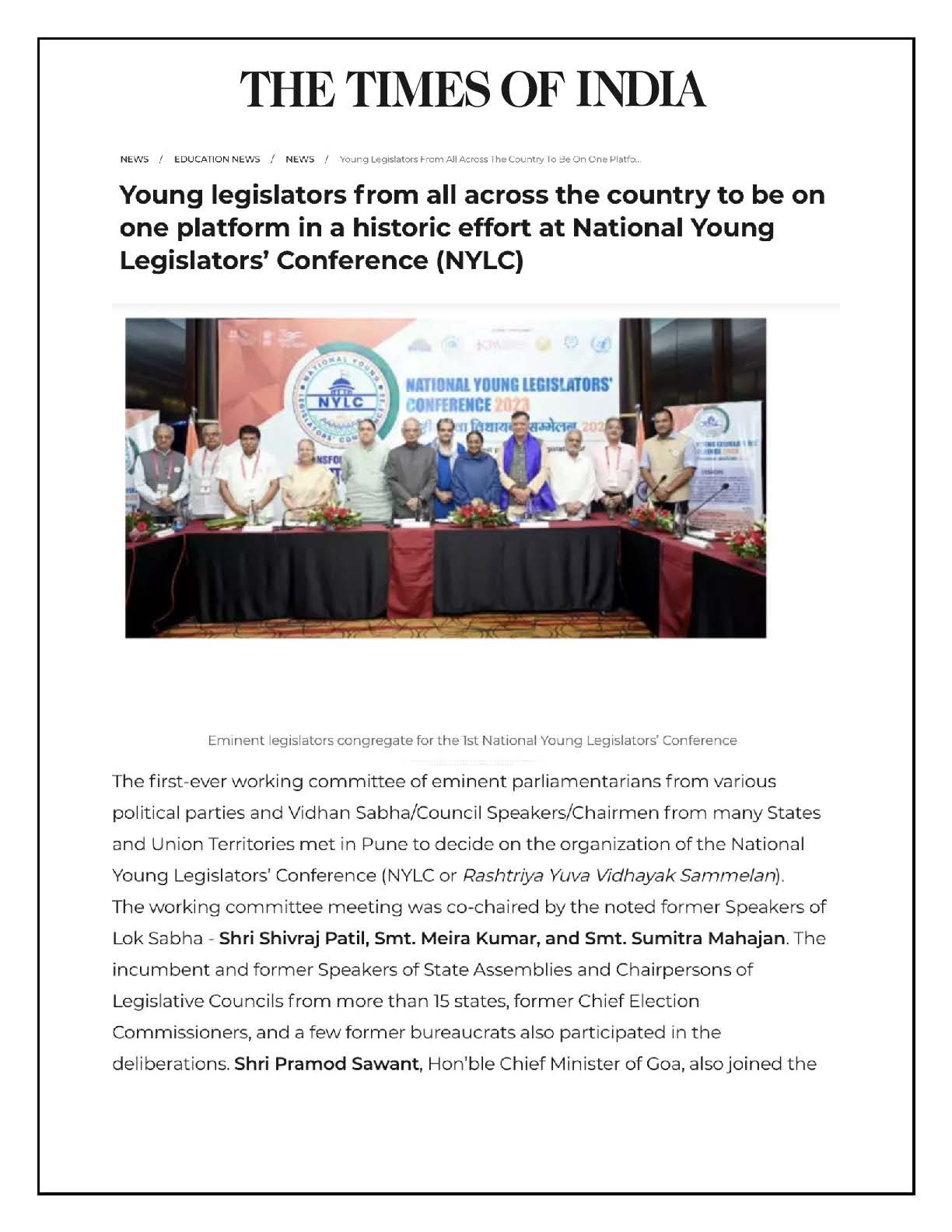- Evidence-based policymaking in Kenya
The foundation of evidence-based policymaking is the idea that decisions based on systematic evidence are better informed and lead to better results. To promote Kenya’s development objectives, the Kenyan Parliament created the Parliamentary Caucus on Evidence-Informed Oversight and Decision-Making (PC-EIDM) in 2015.
A nonpartisan caucus that includes representatives from both the National Assembly and the Senate, PC-EIDM is an unofficial committee of the House. The goal is to promote and urge lawmakers to use evidence-informed decision-making to improve oversight and boost accountability. Its establishment was justified by the necessity to increase MPs’ interest in using evidence when carrying out oversight, enacting legislation, and representing the public rather than just depending on personal beliefs or political stances.
EIDM was sparked by Kenya’s 2010 Constitution, which gave Parliament the power to formulate the budget rather than just approve it. The advantages of MPs depending on evidence when conducting oversight and making decisions are now acknowledged by the Kenyan Parliament. These advantages include the capacity to direct spending toward a particular action and a decrease in the waste of public resources.
- Citizen engagement in Zambia
The National Assembly of Zambia recognised the need to engage with citizens more effectively and transparently ten years ago. They decided to use radio broadcasts to implement “questions and answers” sessions. The Zambian Parliament makes information accessible to the public through a plethora of mediums, including the parliament’s website, radio and TV stations, and constituency offices. All of which contribute to bringing the parliament closer to the populace by serving all ages and social classes.
The National Assembly Radio airs Monday through Friday each week. When parliament is in session, all proceedings are streamed live, and a programme called “Parliamentary Business Update” allows viewers to participate by texting questions. In the course of the programme, specialists go over the procedure for doing parliamentary business and take questions on certain subjects. Experts respond right away on the air, or the next day if more research or consultation is required. In the meantime, “Know your MP” is a service that allows citizens to ask their MPs questions directly.
Through reverse questions and answers, listeners can win prizes such as parliamentary publications and promotional items during the live radio broadcast. This furthers the goal of promoting citizen understanding of the law. The National Assembly is eager to modernise its communication approach to stay up with how social media is used in contemporary culture. As Facebook participation extends beyond the typical work hours of parliament, the Assembly is considering expanding the Q&A sessions there, subject to developing the required staffing, policies, and standards for moderation and management.
- Gender-Inclusive Parliament in Sierra Leone
The Gender Equality and Women’s Empowerment Act signed into law by President Julius Maada Bio on 19 January will ensure that at least 30% of parliamentarians are women and impose similar quotas in other institutions like government, local councils, the diplomatic corps and the civil service.
Furthermore, the law also stipulates that at least 30% of jobs in the private sector should be held by women (for companies with 25 or more employees) and extends maternity leave from 12 to 14 weeks.
As of February 2023, only 12.33% of MPs are women in Sierra Leone. The Law is touted as a major legislative intervention to improve the condition of women in one of the most impoverished nations on earth.
